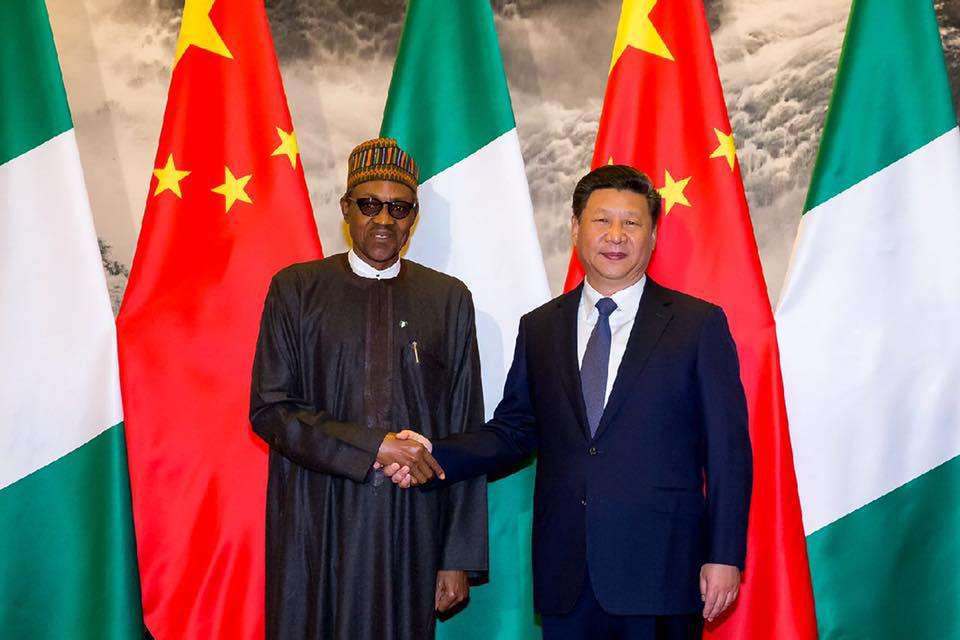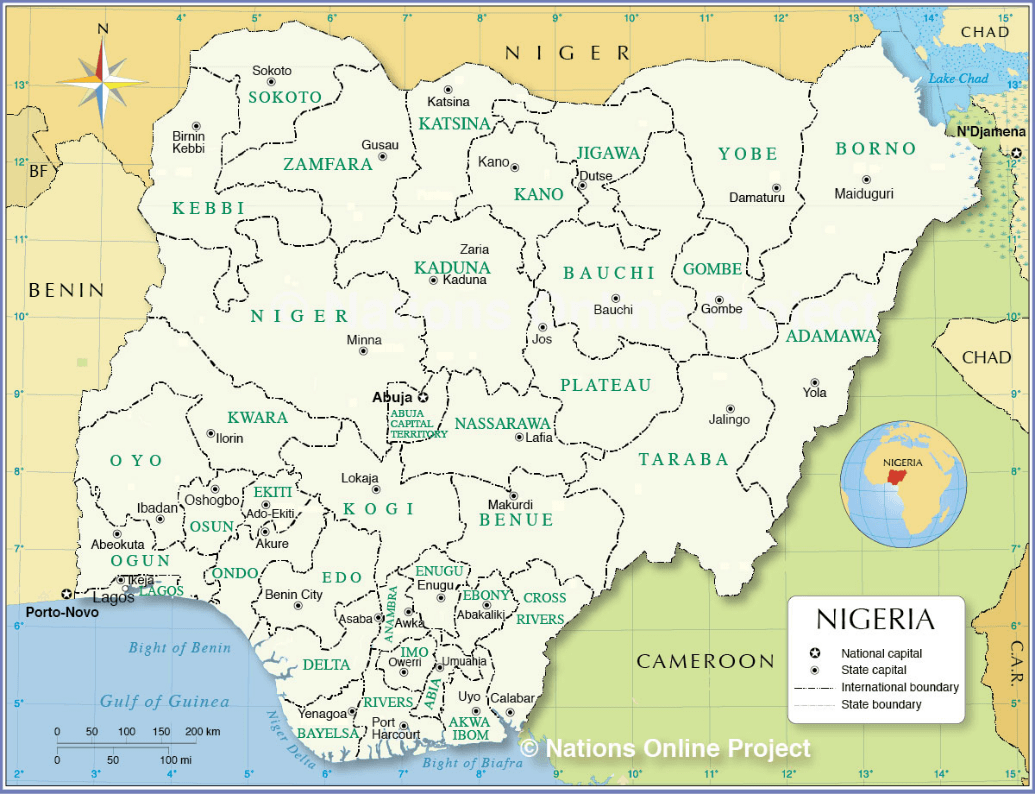Buhari defends China
September 5, 2018 | Expert Insights

Nigerian President comes to the defence of President Xi Jinping, says Africa is not being trapped by Chinese money.
The recently concluded Forum on China-Africa Cooperation (FOCAC) resulted in $5bn in new investments for Nigeria.
Background
Nigeria is a federal republic in West Africa, bordered by Benin, Chad, Cameroon and Niger. Nigeria is often referred to as the "Giant of Africa", owing to its large population and economy. It is the most populous country in Africa, and the 7th most populated in the world. It has a diverse culture as it is inhabited by over 500 ethnic groups, the largest three being the Hausa, Igbo and Yoruba. Nigeria is divided roughly in half between Christians who live in the south and Muslims who live primarily in the north.
Muhammadu Buhari is the current President of Nigeria. He has been in office since March 2015 after three previous election defeats. He is a retired major general from the Nigerian Army and previously served as the nation's head of state from 1983 to 1985, after taking power in a military coup d'état. This period, known as Buharism, is remembered for its strict campaign against indiscipline and corruption as well as its human rights abuses.
As of 2018, Nigeria is Africa’s largest economy and a regional power which enjoys influence over the resource-rich West African States. It has been an important base for Chinese investments. Oil, mining and infrastructure have been the focus areas of Beijing’s investment strategy in the country.

Analysis
President Muhammadu Buhari says Nigeria’s partnership with China through the Forum on China-Africa Cooperation (FOCAC) has resulted in the execution of vital infrastructure projects across the country, valued at over $5 billion.
Mr Buhari has listed specific projects executed through the Chinese support under FOCAC in the last three years to include areas of infrastructure and human capacity development.
According to the president, the Chinese support to Nigeria has also impressively addressed significant challenges in the areas of power, transport, agriculture and humanitarian assistance.
He said: “For Nigeria, our partnership with China through the FOCAC platform, has resulted in the construction of the first urban rail system in West Africa. This $500 million project in Abuja was commissioned in July this year.’’
The president also cited the construction and operation of the first rail system in Africa that used modern Chinese standards and technology.
The 180-km rail line that connects Abuja and Kaduna was commissioned two years ago at a cost of $500 million. “Today, the rail line is functioning efficiently with no issues – indeed, a sign that Chinese technology is world class,” the President noted.
President Buhari said that Nigeria is leveraging Chinese funding to execute $3.4 billion worth of projects at various stages of completion. These he said include the upgrading of airport terminals, the Lagos – Kano rail line, the Zungeru hydroelectric power project and fibre cables for Nigeria’s internet infrastructure.
The Nigerian leader said that the aforementioned projects had demonstrated the high level of consistency and commitment China had shown in boosting its relations with African countries under the umbrella of FOCAC.
According to President Buhari, there is a need for additional Chinese mechanism to build further cooperation in the quest for infrastructural and economic development. He acknowledged that since the launch of the Forum in 2000, China and Africa had strived to implement the declarations and follow-up action plans for the benefit of both parties.
Assessment
Our assessment is that Nigeria requires Chinese capital to help build critical infrastructure. It is extremely resource-rich but it lacks adequate capital investments in extraction and processing facilities, roads, dams and railways. We feel that the additional $5bn in investments was made specifically for Nigeria so that it would continue supporting China’s BRI projects in Africa. However, we believe that Nigeria must be cautious in its approach to Chinese investments as its debt-to-GDP ratio has nearly doubled in the past seven years.








Comments